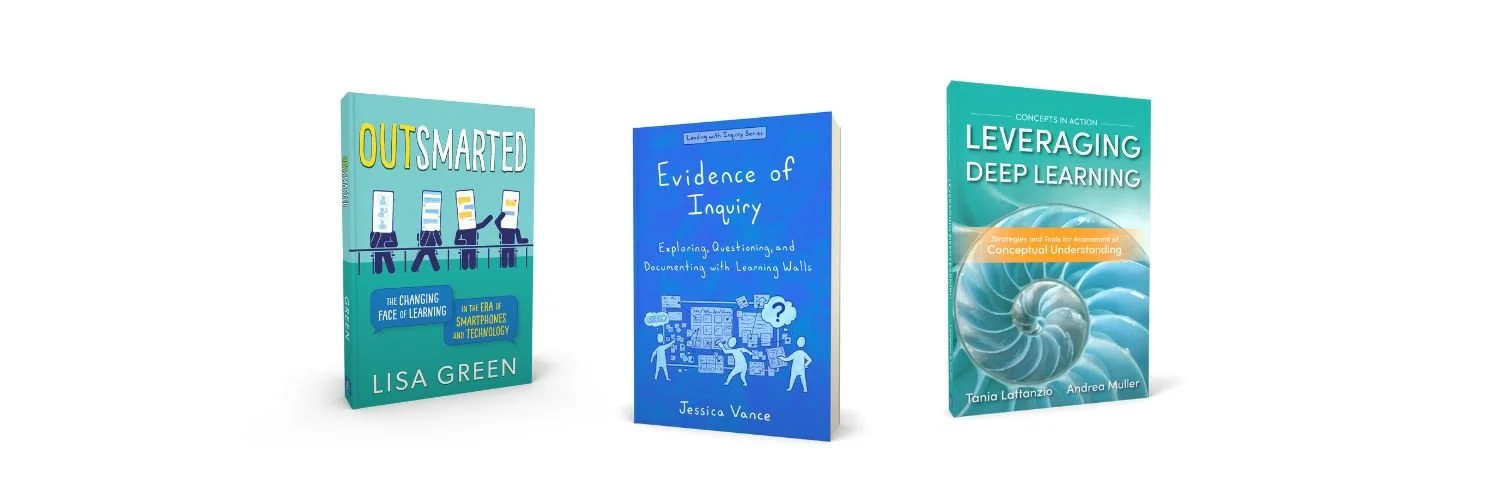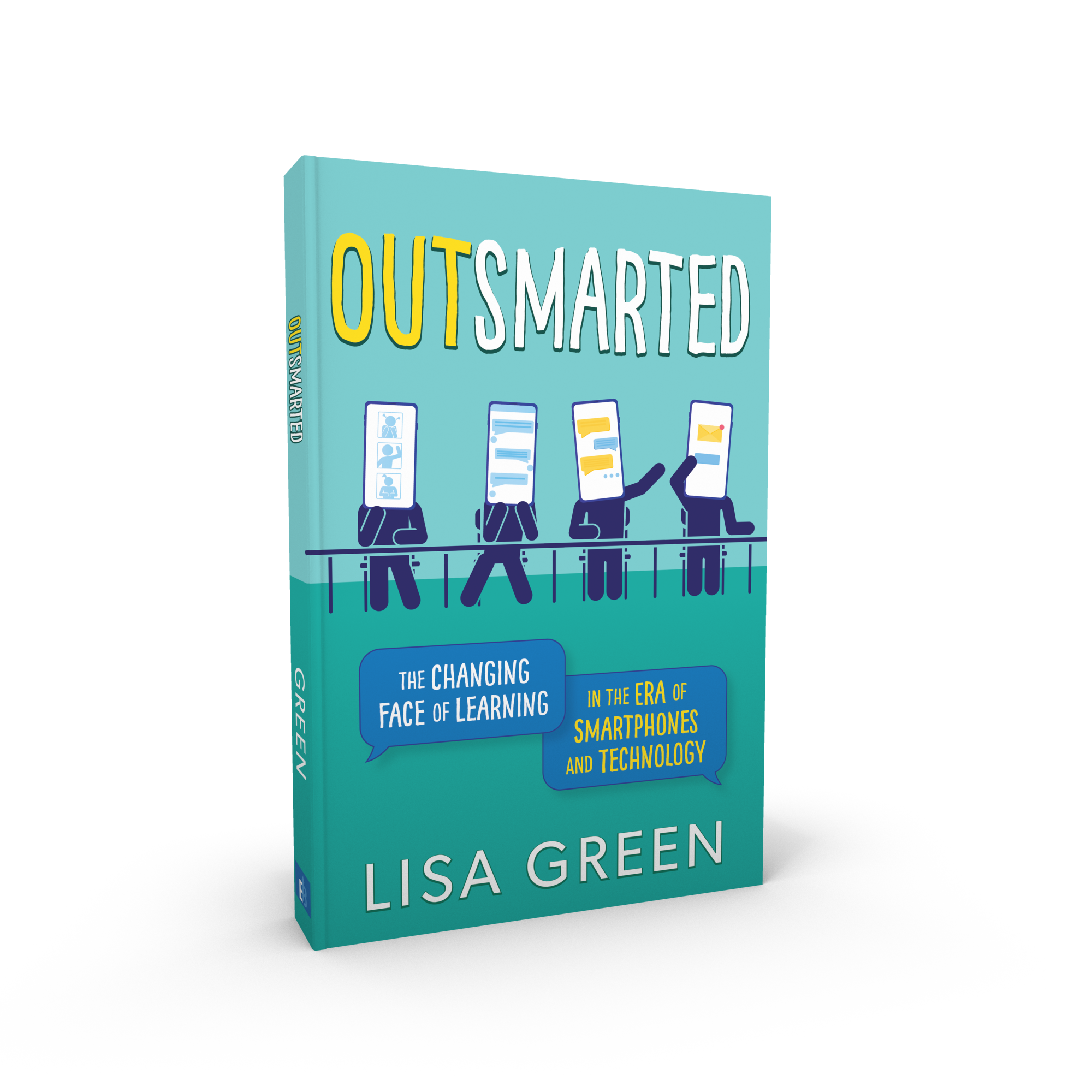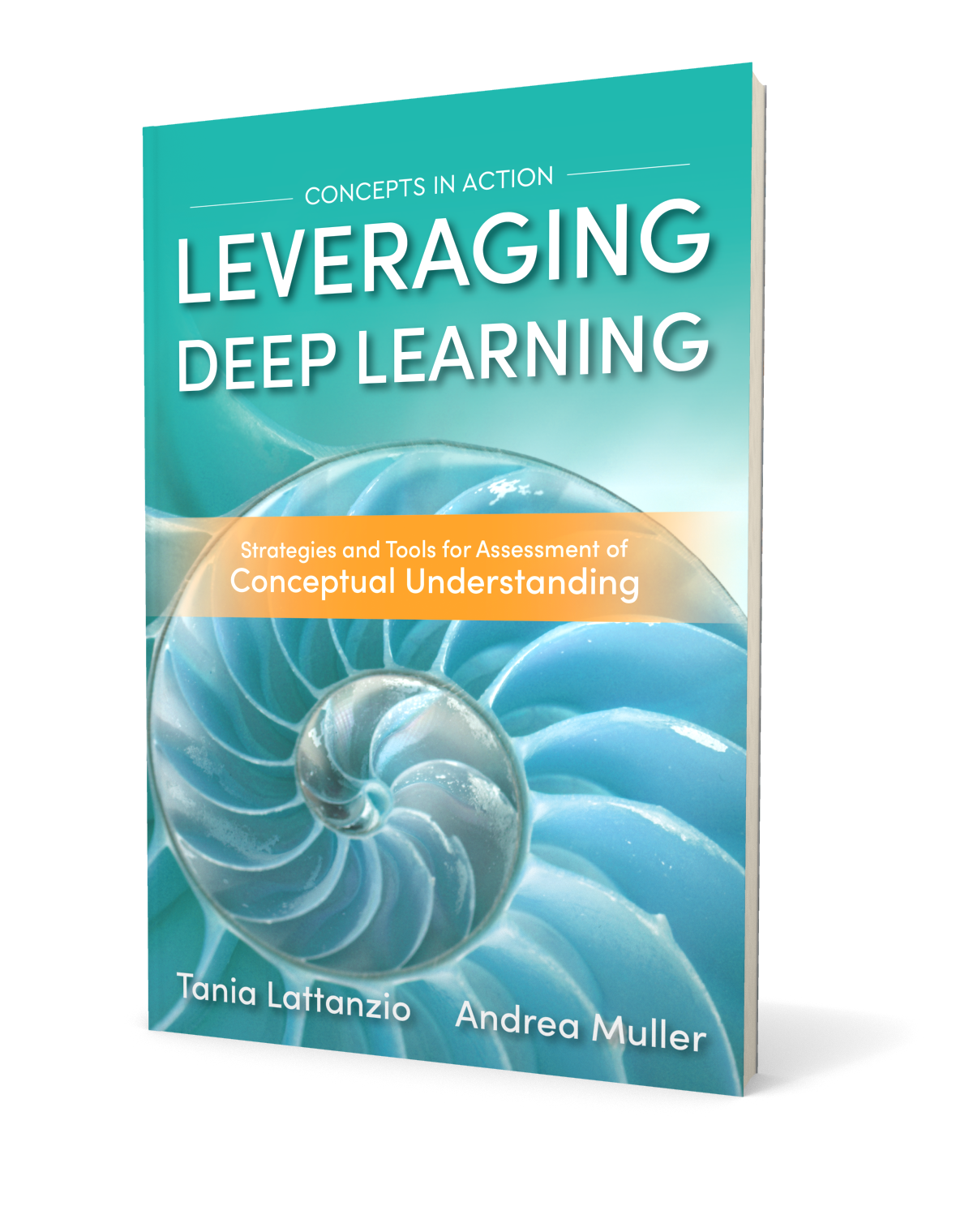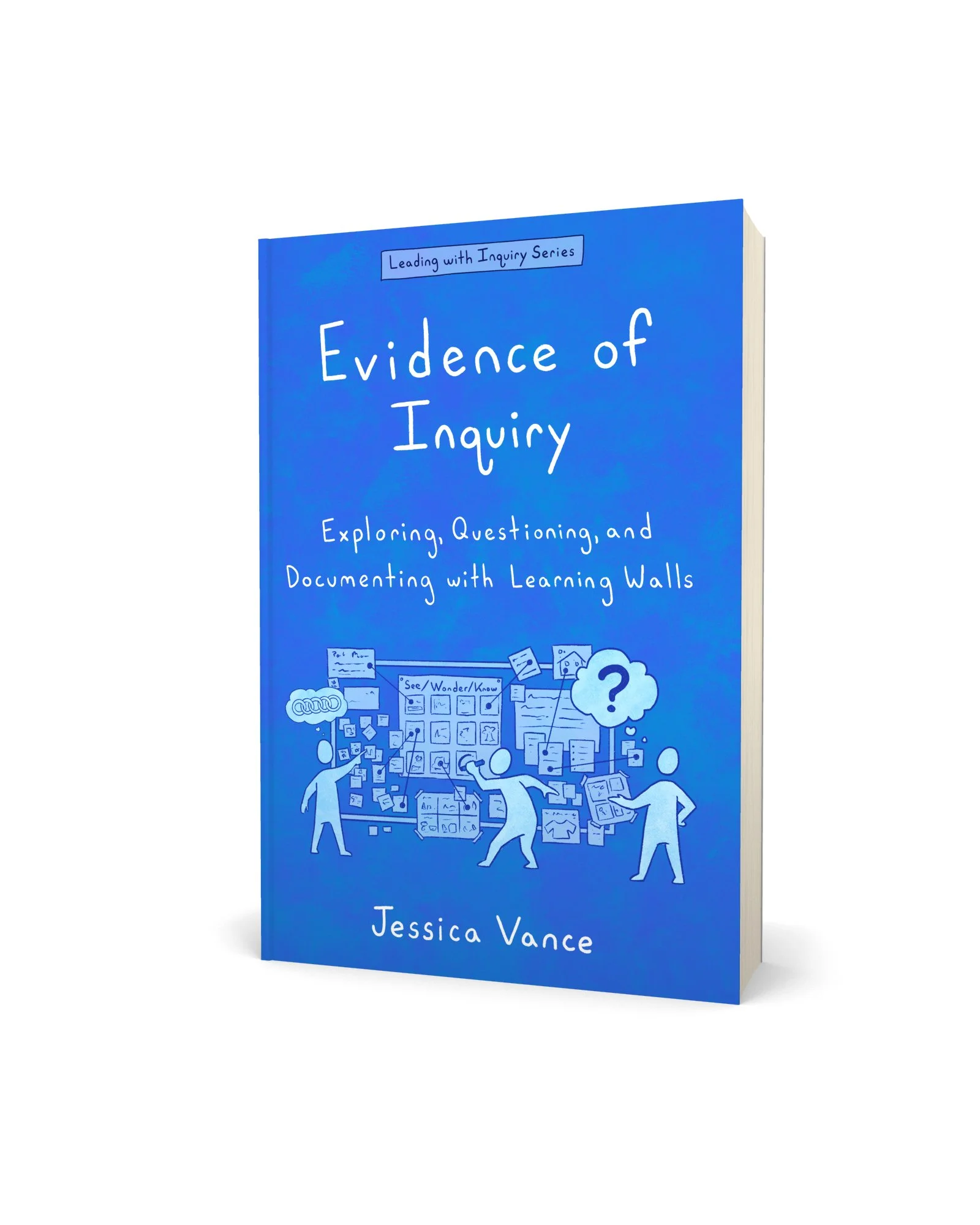Recently I have had the good fortune to be closely involved in the writing and publication of three books that have proven to be powerful additions to my bookshelf and offerings that have pushed my thinking. In no particular order, here they are. I encourage you to look into the work of each author (if you are not already).
Lisa Green’s Outsmarted: the Changing Face of Learning in the Era of Smartphones
I have a close connection to Lisa’s work. For 8 years we were neighbour teachers. I had a firsthand stance into the amazing things happening in her classroom. She is an exceptional educator who truly puts students first. She is grounded in current research, steadfast in her pursuit of figuring our teaching and learning (the most noble inquiry), and she is an all around great person. Outsmarted unpacks the reality of teaching in today’s classroom and the competition for attention and interest educators face with the devices students have in their pockets. Lisa proposes a marrying of humanist approaches to the classroom with an awareness and agency over the smartphone, the result is a book that empowers both teachers and learners in the landscape of AI. Find more of Lisa’s work here.
One massive takeaway: learning that matters, lasts. Bringing the why of learning to the forefront of the classroom, Lisa provides an exceptionally clear guide to planning for relevance.
Tania Lattanzio and Andrea Muller’s Leveraging Deep Learning: Strategies and Tools for Conceptual Understanding
Having written my own book focusing on student-centred assessment and inquiry, this offering by Tania and Andrea really pushed my thinking. The pair of a deep expertise in conceptual teaching, planning for understanding, transfer, and inquiry. This is not easy work to do! One of my most loved books on the topic of concepts is their first publication Taking the Complexities Out of Concepts because as the title suggests, it brings the hard work of concepts to life. Their follow-up title Leveraging Deep Learning: Strategies and Tools for Conceptual Understanding does the same with regards to assessment for deep learning. It is jam-packed with examples, resources, guidance, and practices to support readers in bringing this work to their own context. Find more from Tania and Andrea here.
One massive takeaway: assessment for concepts is different than assessment for topics and retrieval and recall. I have know this to be true, however Tania and Andrea helped me see what this looks, sounds, and feels like in the classroom.
Jessica Vance’s Evidence of Inquiry: Exploring, Questioning, and Documenting with Learning Walls
I had the honour of penning the foreword to this work and I could not be more excited to share it with you. Jessica’s second publication helps bring inquiry to life through the rich practice of evidence and documentation through learning walls. Softly guiding us to reflect on our own teaching through photos, resources, sketchnotes, reflective prompts, classroom examples, and teacher vignettes, this is a fulsome offering! This book is set to be released May 2025 and it is sure to be a hot seller. If inquiry is for you, then so is Evidence of Inquiry: Exploring, Questioning, and Documenting with Learning Walls. Find more from Jessica here.
One massive takeaway: the simple act of visibly evidencing and documenting in front of your students is a powerful act of co-design and, therefore, agentic. Sometimes the largest transformation with regards to student agency can come from simply including students in the planning, the assessing, and the action of the learning.
Each of these titles are available globally via Amazon or your local bookstore.





